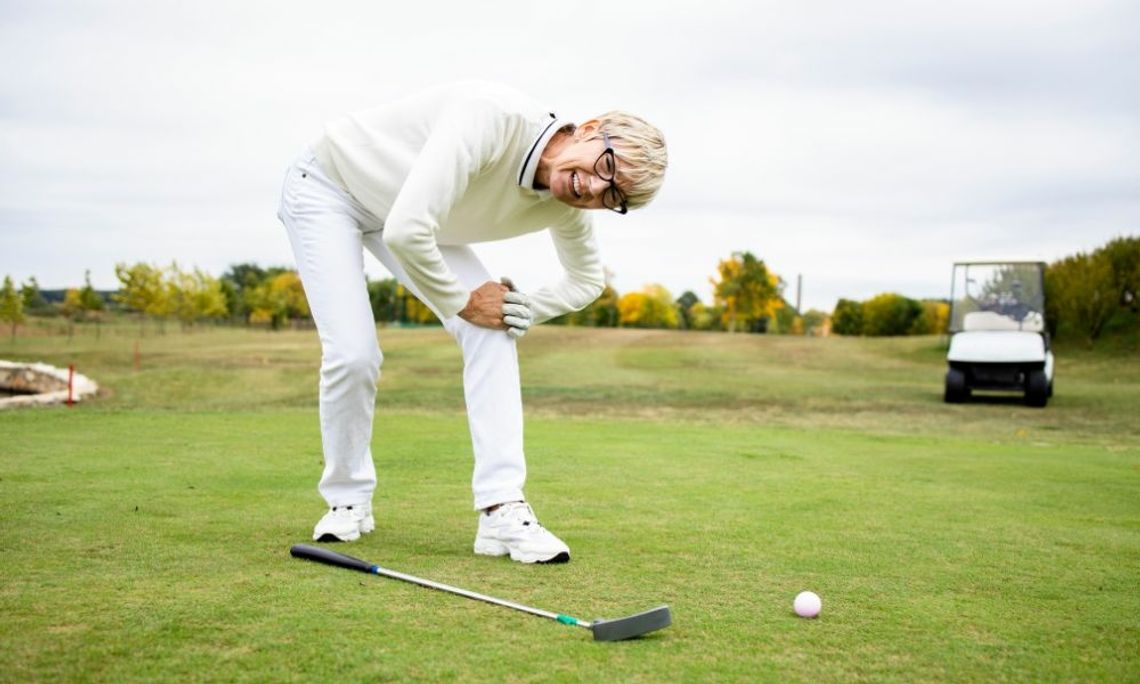Golfing is a popular and entertaining activity enjoyed by people of all ages and skill levels. While golfing is an advantageous alternative to standard exercise and encourages players to spend time outdoors, the sport has its risks.
Like most sports and physical activities, golfing can lead to injuries. From impingements to pains and aches, this article will cover three common injuries sustained when golfing and what you can do to prevent them.
Golfer’s Elbow
The most common injury golfers experience is due to an overuse of specific muscles in the elbow. Known as “golfer’s elbow,” the injury affects the muscles around the elbow joint.
This injury result from excessive swinging during games or practices, leading to inflammation and pain in those areas. Associated symptoms someone with golfer’s may experience include the following:
- Pain and tenderness on the inner side of the elbow that extends to the forearm.
- Weakness in the hands and wrists.
- Stiffness in the elbow that may cause pain when closing your hand into a fist.
- Numbness or tingling radiating to the fingers.
Following the proper form when swinging can prevent golfer’s elbow since it displaces the tension to other parts of the body and alleviates the stress from the elbow muscles. It helps to have a quality hitting mat for your golf simulator setup if you’re practicing indoors, as the cushioned surface can absorb some of the impact during hits.
Shoulder Impingements
Golfers can also experience strains from overusing shoulder muscles and joints during swings. Improper form can also result in shoulder or rotator cuff impingements.
Rotator cuff impingements mean the rotator cuff between your humerus and outer edge of the shoulder rub together viciously, causing the area between to swell and narrow.
Symptoms of shoulder impingement syndrome can include:
- Pain in arms when reaching over your head.
- Pain and tenderness in your shoulders.
- Tenderness that extends from the front of your shoulder to the outer side of your arm.
- Discomfort when lying on the affected arm.
- Shoulder and arm weakness or stiffness.
The best way to avoid this injury would be to maintain good posture during swings and perform adequate stretches.
Knee Pain
Regardless of being right or left-handed, golfers tend to place a considerable amount of stress on their outer knee during a swing. Since the knee stabilizes the hips through the full extension of a golf swing, the repetitive stress can tear ligaments in the area, resulting in pain, weakness and inflammation.
Knee pain is present in various forms:
- Redness and tenderness to the touch.
- Weakness and instability.
- Inability to fully extend your leg and straighten your knee.
- Crunching or popping noises during movement.
In comparison to other sports, golfing is a relatively safe activity. Should you sustain one of these common injuries when golfing, contact your physician before implementing treatment methods.


Comment
Comments